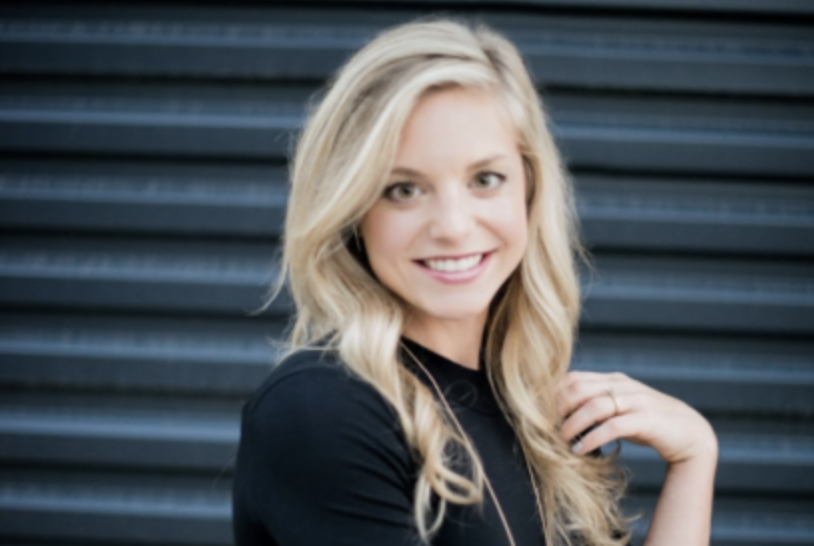
When you see a red soda can, most people immediately will assume it’s a Coca-Cola. Similarly, Louis Vuitton’s famous logo is just as easily recognized—and it also happens to be one of the most counterfeited products in the world. Unfortunately, the loss in revenue due to fakes hitting the market is only part of the issue, with the larger negative downside being how knock-off products can reflect negatively on the real brand’s image.
Just as Louis Vuitton struggles to fight the fakes, wine producers too face similar issues. Cellr, a Perth Founder Institute portfolio company, is tackling the world of counterfeit wine, as well as beer and spirits, through an identification technology solution. Led by Chris Braine, Cellr makes it easier than ever for restaurants and bars to maintain their inventory, too.

Fake Wine is Big Crime
For wine collectors, around 5% of their vino, on average, are likely to be fraudulent. For a winery though, once the products have left their facilities or distributor, little can be done on their end to ensure the product is not tampered with.
For the end-buyer, there are things like cameras, weighting systems, and tap counters to help track losses—but very little to ensure a product is as it should be, beyond a potential seal on the bottle. To top this all off, when it comes time to count and track inventory for restaurants, this remains a time-consuming and manual process.
Cellr offers a different approach. Through a combination of RFID technology, a blockchain network to track information, and tamper-proof seals, Cellr allows wine brands to fully track their products.
Once the wine or spirit is at the restaurant or bar, the bar manager can track the inventory in minutes, instead of hours. Specifically, an RFID reader is placed on the cellar entryway, and when a server grabs a bottle, it’s automatically updated in the inventory. Through this RFID tracking technology, inventory control can easily be documented by scanning bottles automatically, rather than manually counting each one and writing it down.
It took Cellr just over 30 minutes to count more than 3000 bottles, saving a restaurant more than 10 hours of labor.

Finally, Cellr also delivers the bonus value of ensured accuracy. Each bottle is picked up via its RFID chip, which means 100% of the inventory is tracked and counted, where a manual process leaves a lot of potential for error.
According to Cellr’s Founder Chris Braine,
We’re setting out to fundamentally change the industry. The world knows this problem as verification of provenance. Provenance means region...and as far as we know, no one copies a Barossa, they copy a Penfolds. Cellr is on a mission to simplify producer verification.

Graduates of the Founder Institute are creating some of the world's fastest growing startups, having raised over 2BN in funding, and building products people love across over 200 cities worldwide.
See the most recent news from our Grads at FI.co/news, or learn more about their stories at FI.co/journey.



